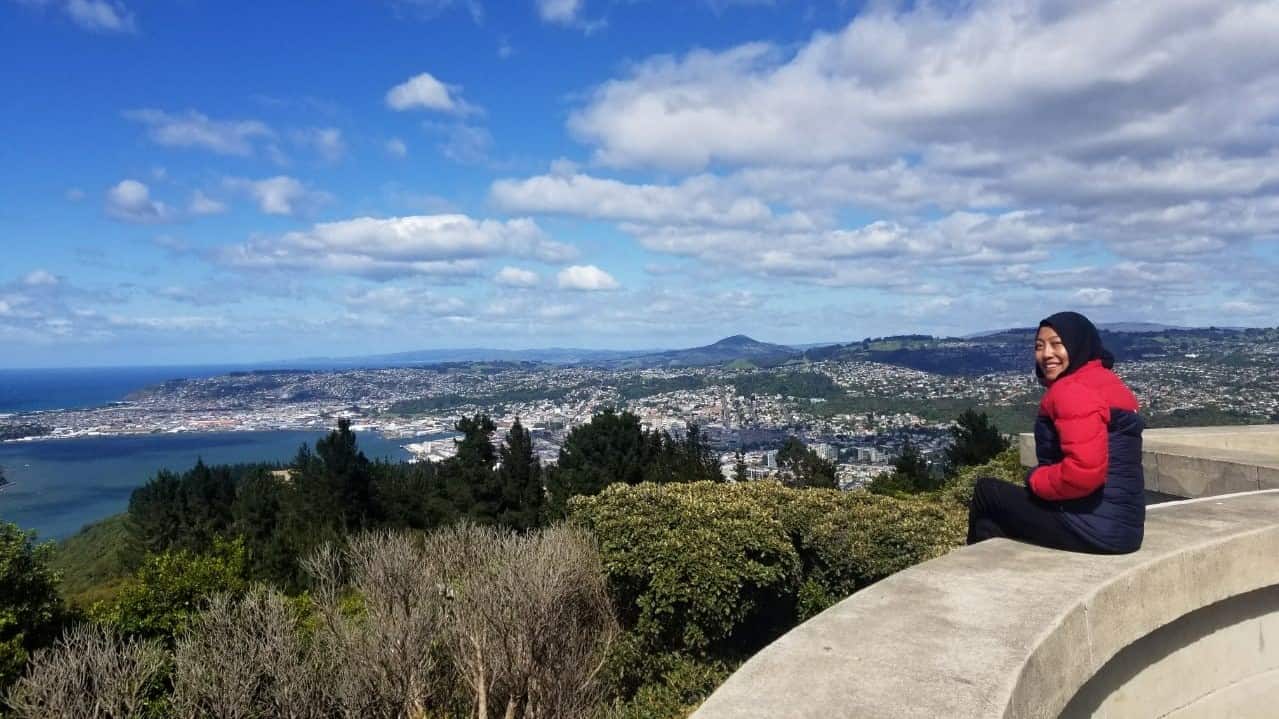Optimisation of solar generation and integration into a smart grid
Rizki Rahayani is currently a Doctoral student in the Electrical, Computer, and Software Engineering department at The University of Auckland. She is originally from Sumatra, Indonesia, and came to New Zealand in 2020. Her research project is part of the Resilience Challenge Built Environments programme.
In Sumatra, Rizki experienced forest fire disasters and electricity shortages every year during the dry season. This condition encouraged her to pursue study in renewable energy integration into the smart grid, especially during disasters.
Rizki is a foodie, and loves cooking very much. Asian cuisine is her favourite. She enjoys fresh market and Asian store hauls. In her spare time, she also enjoys solo traveling.
Rizki’s project
Rizki’s research is on optimising solar planning generation and integration for Indonesia considering forest fires disaster. Furthermore, she will investigate whether haze from forest fires significantly affects solar power generation. Along with power and communication infrastructure planning that may vary for a particular area in Sumatra.
In her research, sky images captured during forest fires will be used to forecast solar power irradiance. She will also predict the best location using GIS for a solar power plant based on several considerations such as solar irradiance, culture, economics, etc. Once her site location is determined, communication planning will be conducted using NS-2.
The main challenge regarding her research is data collection on forest fires, as this event is unpredictable even though it happens mainly during the dry season. Another challenge has been finding opportunities to collect data in her home country, with Covid travel disruptions.
Next steps
Rizki aims to finish her study in 2024. She hopes that her research will be useful in supporting Indonesia’s government in overcoming energy deficiency. Predicting solar irradiance in relation to forest fires and investigating solar location planning strategies can minimise loss from natural and human-made disasters. Her research will also provide recommendations for communication network selection and planning for support data transfer from/to solar power plants.
Solar power is the biggest potential energy source in Indonesia, even though until 2020, Indonesia only generated less than 1% of potential solar power. This is in stark contrast compared to the electricity demand in Indonesia. By 2050, electricity demand in Indonesia will be nine times that of electricity demand in 2018.




